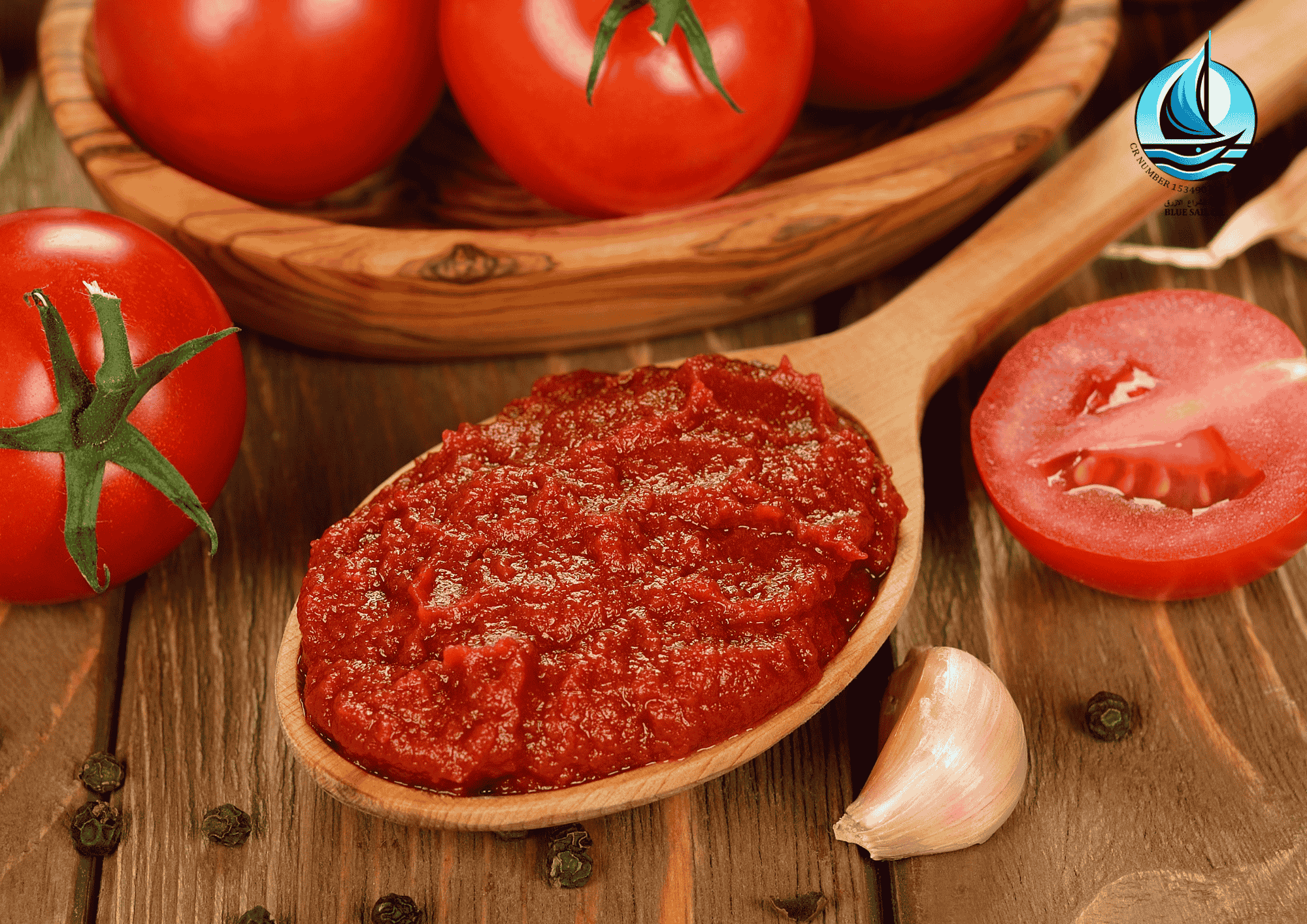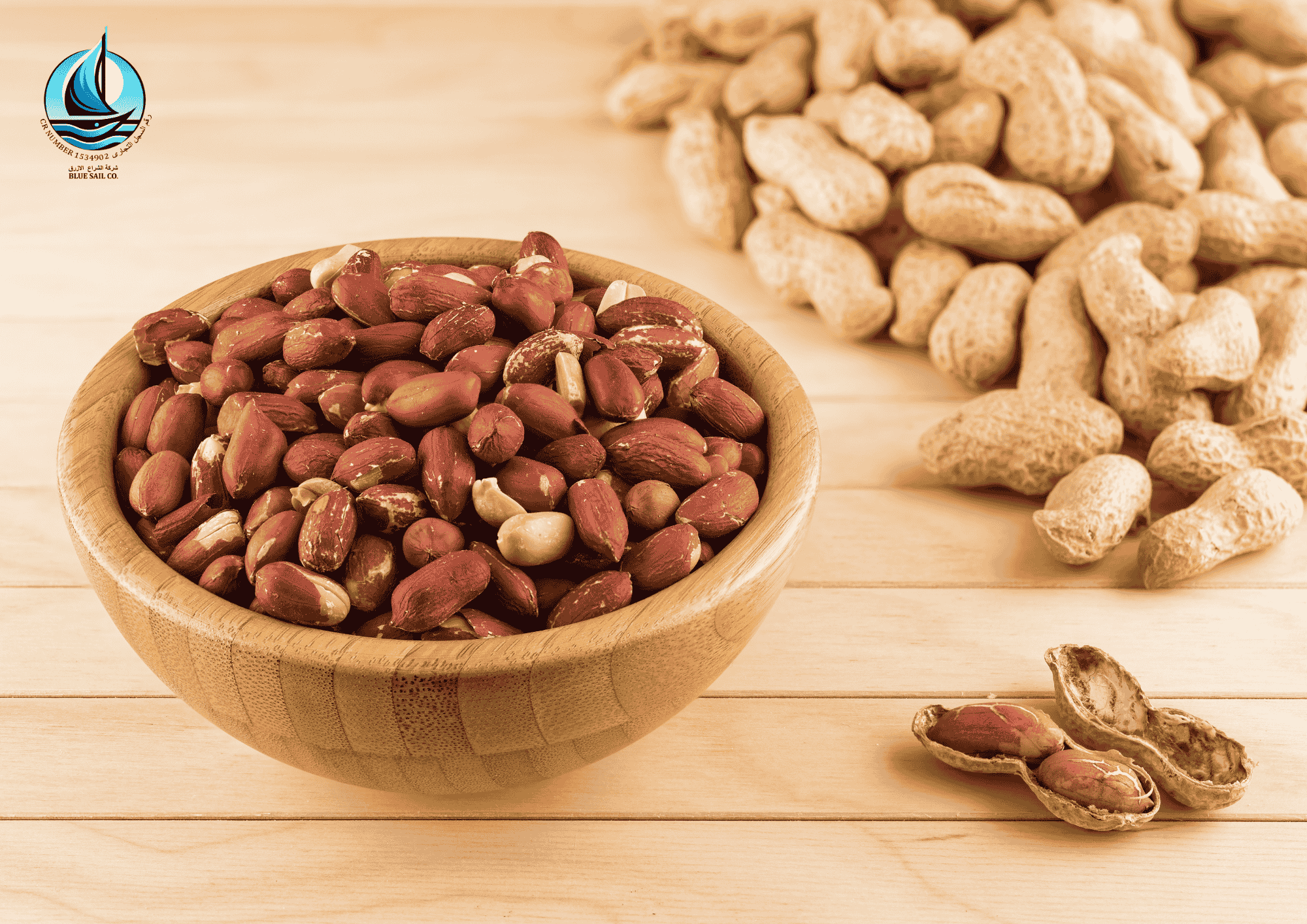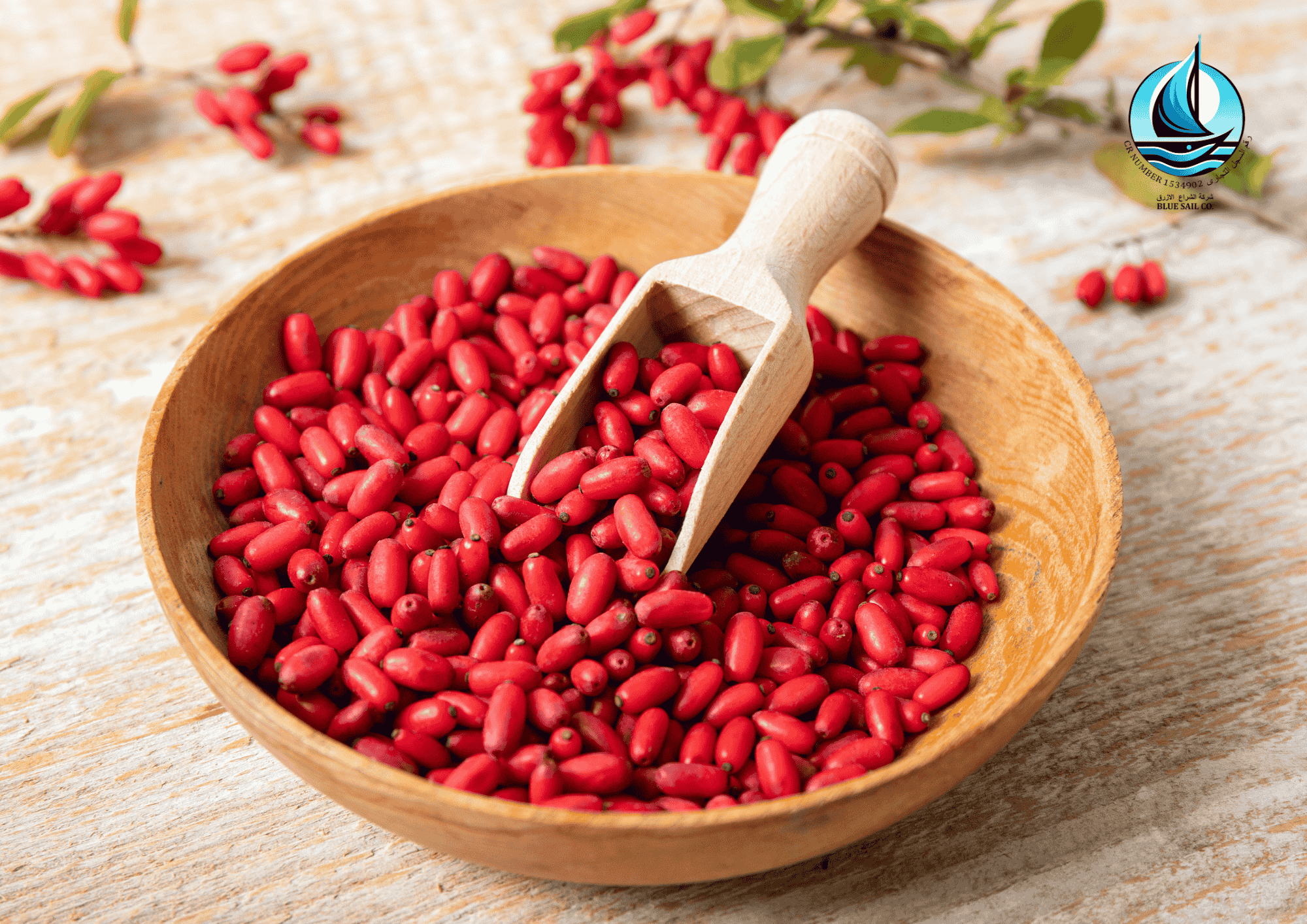The Nutritional and Health Properties of Raisins
Raisins, the dried form of grapes, have been a staple ingredient in many cuisines worldwide. These small, sweet, and chewy dried fruits are not only versatile in culinary use but also packed with a wealth of nutrients that offer several health benefits. Here’s a closer look at what makes raisins a powerful addition to a balanced diet.
1. Nutrient-Dense
Raisins are high in essential nutrients despite their small size. A handful of raisins provides:
- Vitamins: They contain significant amounts of B vitamins, particularly B1, B6, and B12, which support metabolism and brain health.
- Minerals: They are a great source of potassium, magnesium, iron, and calcium, important for muscle function, heart health, and bone strength.
- Antioxidants: Raisins are rich in antioxidants, including flavonoids and phenolic acids, which help protect the body from oxidative stress and reduce the risk of chronic diseases.
2. High in Dietary Fiber
Raisins are a good source of soluble fiber, which is essential for digestive health. Fiber helps regulate bowel movements, prevent constipation, and promote a feeling of fullness, making raisins an excellent snack for those watching their weight.
3. Natural Sweetness and Energy Source
Raisins are naturally sweet due to their high fructose and glucose content, providing a quick energy boost. Unlike refined sugar, the natural sugars in raisins come with fiber, which helps moderate blood sugar levels.
4. Promotes Heart Health
Studies suggest that raisins may benefit heart health. The fiber in raisins helps reduce cholesterol levels, while potassium assists in managing blood pressure, making them beneficial for cardiovascular wellness. Additionally, the antioxidants in raisins combat inflammation, which can help lower the risk of heart disease.
5. Supports Bone Health
Calcium and boron, both present in raisins, are essential for bone density and overall bone health. Regular consumption may contribute to stronger bones and a reduced risk of osteoporosis.
6. May Aid in Oral Health
Surprisingly, raisins may also benefit oral health. While naturally sweet, they contain oleanolic acid, which has been shown to inhibit the growth of bacteria responsible for cavities and gum disease.
7. Skin and Eye Health
With a high concentration of antioxidants and vitamins, raisins support skin elasticity and help protect against age-related eye conditions like macular degeneration. The phytochemicals in raisins help protect cells from damage and support collagen production, which is essential for skin health.
Conclusion
Raisins are a nutrient-rich snack option that can fit into many diets, from vegan and vegetarian to gluten-free. With their dense nutrient profile, including fiber, antioxidants, vitamins, and minerals, they offer a variety of health benefits. However, as raisins are calorie-dense, it’s best to consume them in moderation.





